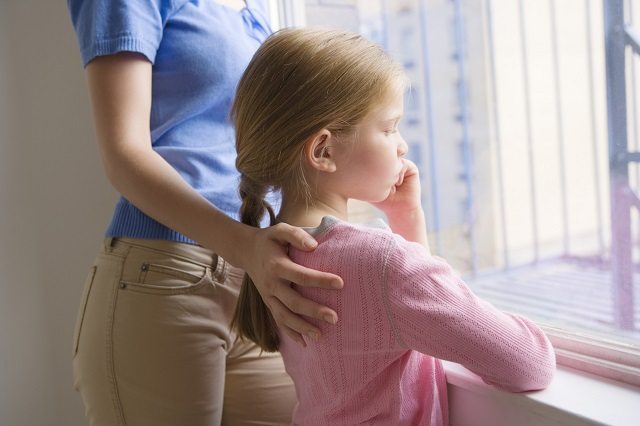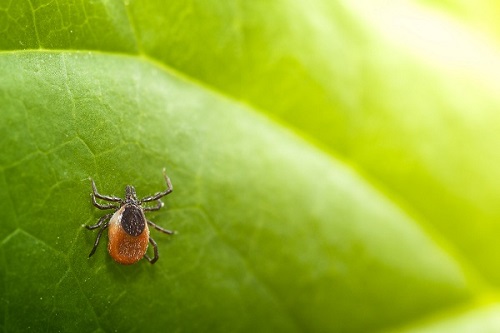Study suggests ‘helicopter parenting’ can affect your child’s progress
A new study by professors at Brigham Young University and published in the journal ‘Emerging Adulthood’, has found that children of more controlling parents are more likely to problems for the child in the future, coining the term ‘Helicopter Parenting’.
The so called ‘Helicopter parenting’ defines mothers and fathers who are over involved in their children’s problems or issues, taking it into their own hands instead of letting a child solve it by themselves.
The study saw for 438 undergraduate students, with an average age of 19, report on their parents’ controlling parenting ways, their own sense of self-worth and their risk behaviors and study habits.
Reseachers found from the students’ reports that the disadvantages of this type of parenting can lead to low self-esteem and high-risk behavior such as binge drinking.
These results are a reflection of a previous study’s, which found that children who are controlled instead of guided by their parents are inclined to be less focused in the classroom.
Professor Larry Nelson, lead author of the study says in relation to this type of parenting:
“Overall, stepping in and doing for a child what the child developmentally should be doing for him or herself is negative. Regardless of the form of control, it’s harmful at this time period.”
Professor Nelson went on to clarify that although parental over involvement in a child’s life can lead to such results, complete withdrawal is not necessary:
“Lack of control does not mean lack of involvement, warmth and support.”









